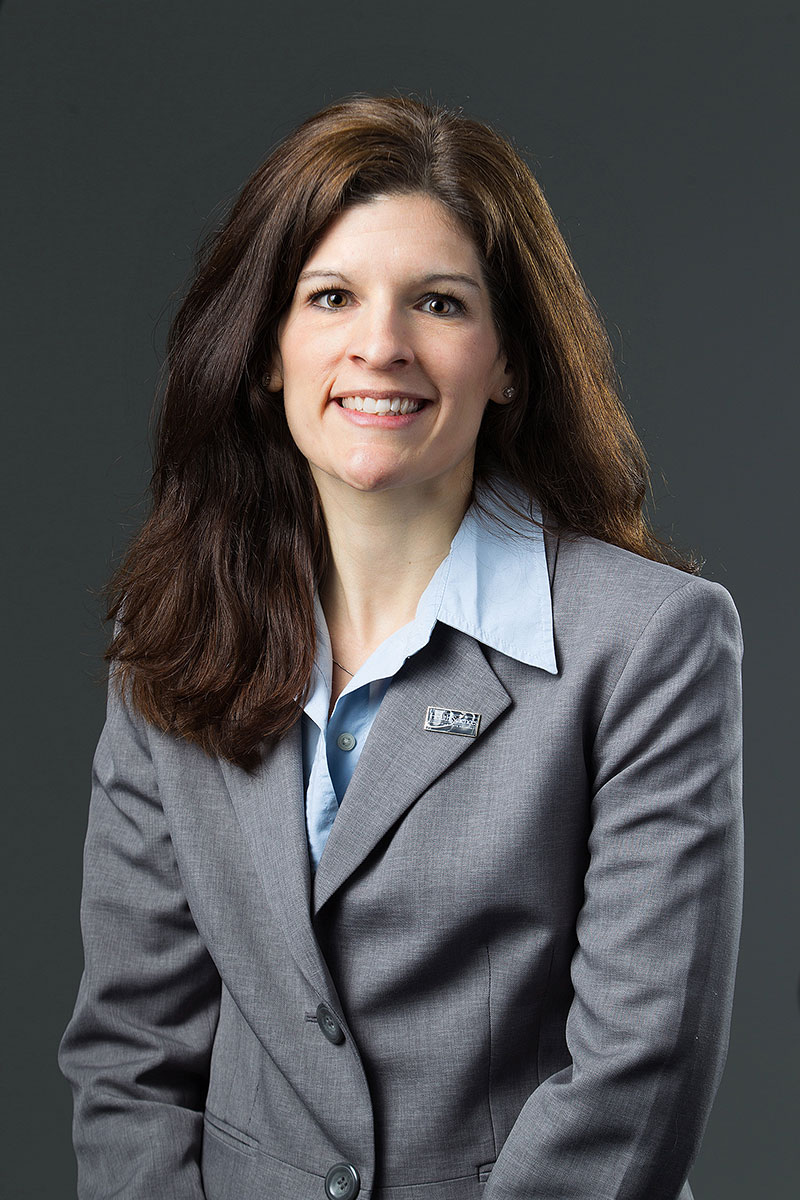Good nutrition changed Dr. Melissa Gutschall’s life, and she has become fascinated by what motivates others to change and maintain their dietary behaviors.
“That has driven my research agenda and my passion for teaching,” said Gutschall, program director for the Nutrition and Foods (BS) concentration in dietetics.
“If I can inspire that change in others, whether it is patients, research participants or students, it is so rewarding.
“I love it when I see a student’s eyes light up about something I’ve taught that they can realistically change to improve their diet and health,” she said.
Gutschall’s teaching philosophy centers on providing a balance of challenge and support.
She considers herself “a cheerleader for their success.” She added, “Coming from childhood obesity to optimal health and putting myself through school have no doubt shaped me for this role in influencing students. I can relate to them and was in their shoes not so very long ago.”
Gutschall’s research background is in how nutrition education programs are developed, implemented and evaluated. She also investigates nutrition care in rural Appalachia, including the transition in the region’s diet over the past century. In her research, Gutschall works as part of an interdisciplinary team serving children with special needs in the Appalachia region.
She brings real-life examples from her research into her teaching, and further enhances students’ experiences through service-learning and community-based research opportunities.
Asked why a student interested in dietetics should choose Appalachian, Gutschall points to the program’s dedicated and award-winning faculty, community relationships, high alumni satisfaction rate, active Appalachian Student Dietetic Association, and overall program quality.
The program has a 97 percent one-year pass rate on the registration examination for dietitians among its graduates over the past five years. Also, its 300-hour capstone internship in foodservice, community and/or clinical settings “is a pivotal factor in making our students top candidates for post-baccalaureate education as I have observed it transform our students into young professionals time and time again,” Gutschall said.
“We are proud that many graduates have chosen to build professional careers in Western North Carolina and a number of former students now serve as supervisors to current students,” Gutschall said.

